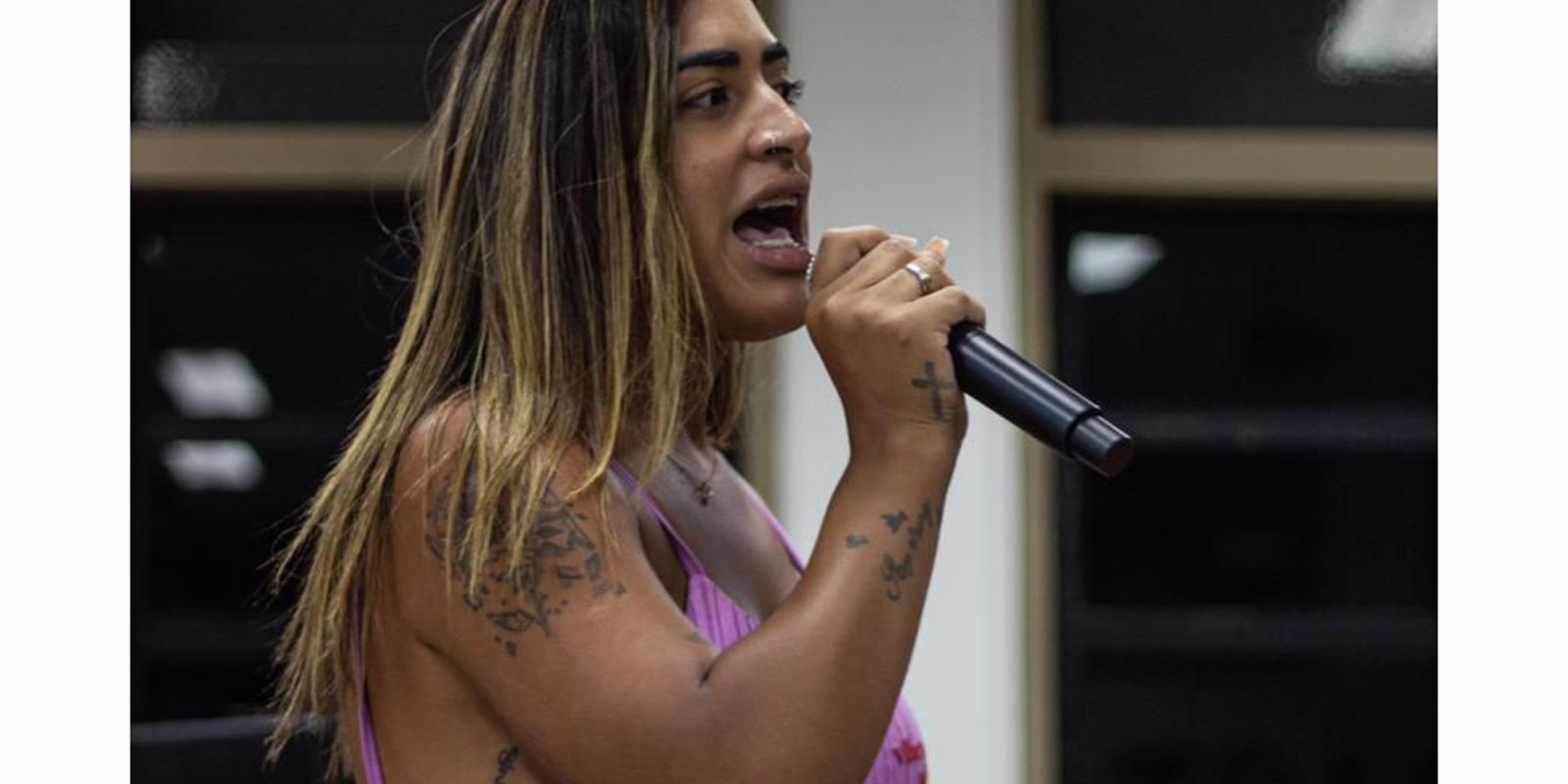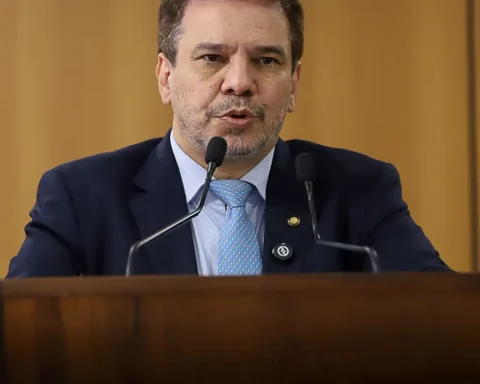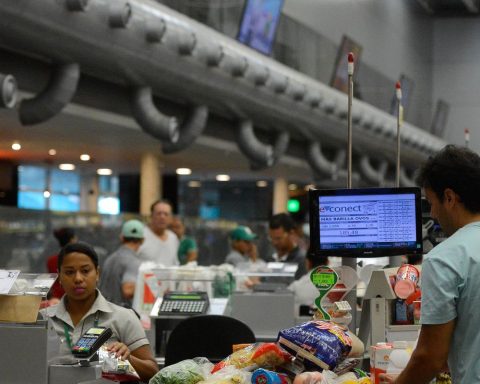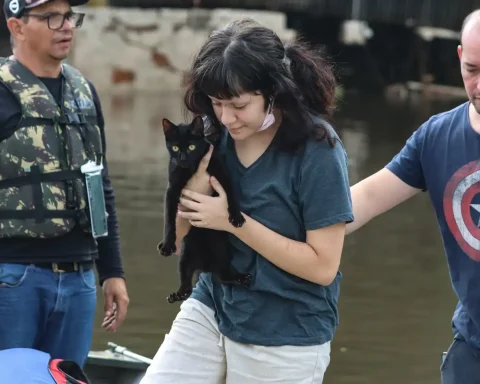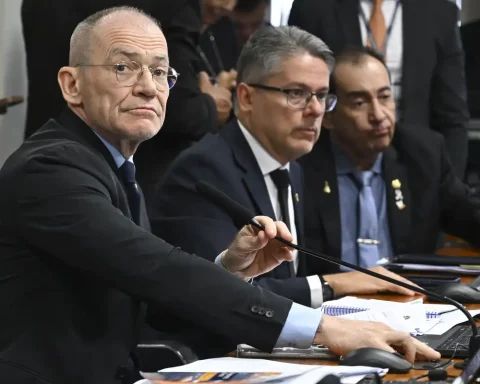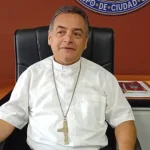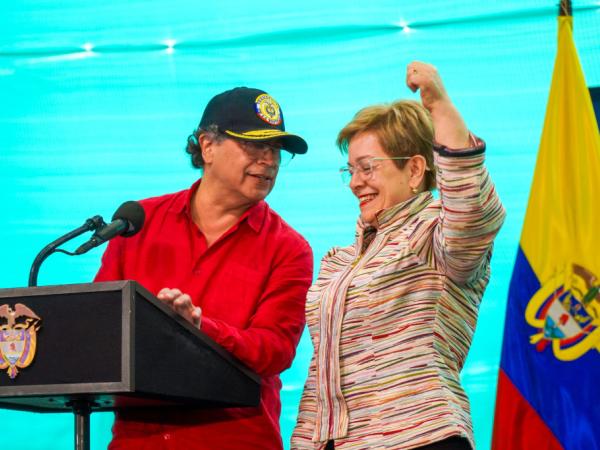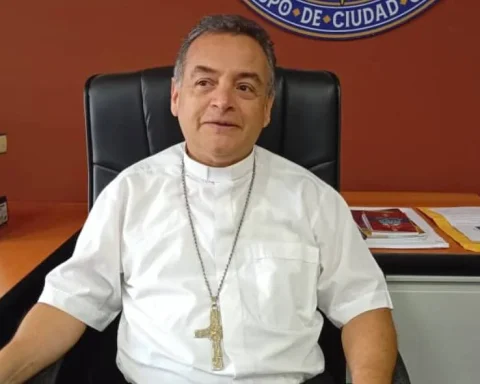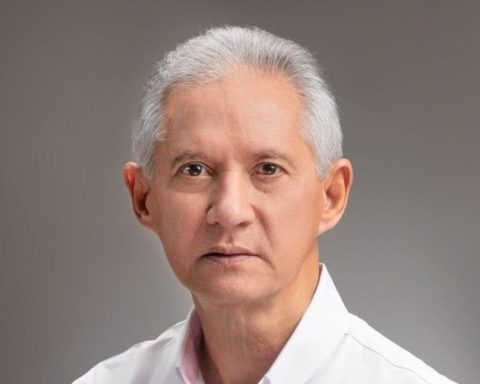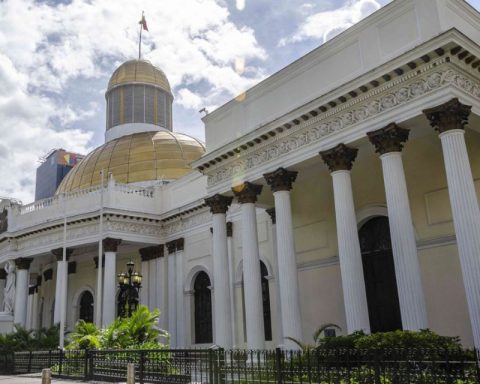In 2018, the articulator of Rede Trans Brazil Ariela Nascimento It was approved to study Pedagogy at the Faculty of Teacher Training of the State University of Rio de Janeiro (UERJ). In the same year, Venus Anjos joined the Fluminense Federal University (UFF) to attend the Social Sciences course. Three years later, in 2021, it was Zuri Moura’s turn to start studying Social Work at the UFF School of Social Work. 
The three college students represent the small group of transsexual and transvestite people who got a vacancy in higher education, despite the discrimination and difficulties of access, permanence and completion of basic education. “The university was the place where I experienced the weight of the loneliness of being a black transvestite in that space. Thus, I matured the awareness that those walls were not made to educate bodies like mine and sought the transgression, ”shares Zuri in an interview with Agência Brasil.
In 2022, the student idealized and founded the Transcola UFFIANA network. In the last year, the trans student collective, which are also part of Ariela and Venus, played a key role in defending the creation and approval of a vacancies policy for trans and transvestites at UFF. “Today, we have the possibility of dreaming. We have the possibility of transgressing, so we will build a new level of social dignity for our population, ”says Zuri.
Currently a student of Social Sciences at UFF, Ariela argues that quotas for trans and transvestites, as well as other affirmative action policies, are essential measures of historical and social reparation, being a struggle for the guarantee of education. Through the initiative, the articulator of the trans Brasil network believes it will be possible to “naturalize and impact the life of the transvestge population [pessoas trans, travestis, não binárias e intersexo] in our country ”.
“For this it cannot be thought in isolation. Trans quotas must be seen and thought alongside a policy of permanence, so as not to happen the same mistake in basic education. We are few that they can overcome the War of Basic Education to get here, we cannot make, in higher education, ours give up on continuing because social and economic policy in our country does not yet put us in the center, ”says Ariela .
Quotas for trans and transvestites
In September 2024, UFF became the first federal institution higher education in Rio de Janeiro to approve a quota policy for the trans community. With the decision, 2% of the undergraduate courses are reserved for trans and transvestites students from 2025. Already in the postgraduate, which brings together the Master and Doctorate programs, all courses will make available through minus one vacancy for trans students. Prior to the approval of the measure by the Teaching, Research and Extension Council, 18 university postgraduate courses already had vacancies reserved for this group.
“UFF has become a pioneer in the adoption of affirmative action policies for trans and transvestite people in undergraduate courses in the state of Rio de Janeiro, being a milestone to historically repair this segregated population of access to higher education through transphobic violence. However, we need to think that this population is still in various scenarios of precariousness of their life, being emergency a program of permanence of these bodies at the university, ”says Zuri.
Lack of information
There are few data that can measure the size of this exclusion. In higher education, according to a research conducted by the Multidisciplinary Studies Group of Affirmative Action (Gemaa), trans people represent only 0.3% of university students in the federal institutions of Brazil. Despite being the most recent on the subject, the study, released in 2021, analyzed data from the V National Survey With the socioeconomic and cultural profile of undergraduate students from federal Brazilian higher education institutions, 2018. At that time, the portrait was that the courses in the areas of Humanities (21%), Applied Social Sciences (17%) and Exact Sciences and the earth (15%) concentrated more than half (54%) of the trans student sample at the time.
Asked by Agência Brasil on the presence of trans people in undergraduate courses, the National Institute for Educational Studies and Research Anísio Teixeira (Inep) replied that “there is no specific question for the collection of this data on the Institute’s statistical research”.
In response to a request for access to information, the agency also explained that the Higher Education Census has only information on the student’s binary genre (female/male), and it is not possible to inform if the student is transgender. “Census research questionnaires continually undergo review, and it is possible that in the next editions the census expands the list of information about the student’s genre. But at the moment, we have no fully fulfilled information, ”says the institute.
Also questioned by Agência Brasil, the Coordination for the Improvement of Higher Education Personnel (CAPES) stated that it does not have information about trans people in stricto sensu, which refers to masters and doctoral courses. In a statement, the founding of the Ministry of Education (MEC) reported that it plans to perform the Graduate Census this year, with collection of demographic data and related to socioeconomic, cultural, ethnic-racial, gender and special education conditions, in addition to information related to performances by areas of knowledge.
“Thus, the country will have data and a mapping of diversity to induce and value the implementation of affirmative action policies aimed at undergraduate groups within the postgraduate, including trans people,” said Capes, noting that the Census will serve to support decision making and conducting public policies, especially those of affirmative actions.
Warranties
“Every set of society contributes to the marginalization of our bodies, whether religious institutions, families and, above all, the inertia of the Brazilian state in the implementation and formulation of specific public policies that promote dignity and rights to trans persons,” argues Venus.
The student of Social Sciences also questions the lack of permanence and research scholarships for the trans and transvestite population in higher education, highlighting the need to advance with the guarantee of human rights for this community: “We want to research, produce and receive for it. Prostitution cannot be a destination anymore. ”
To future students entering public universities in 2025, with the result of the Unified Selection System (Sisu) in January this year, Venus advises: “Come without fear”.
*Intern under supervision by Vinícius Lisboa
